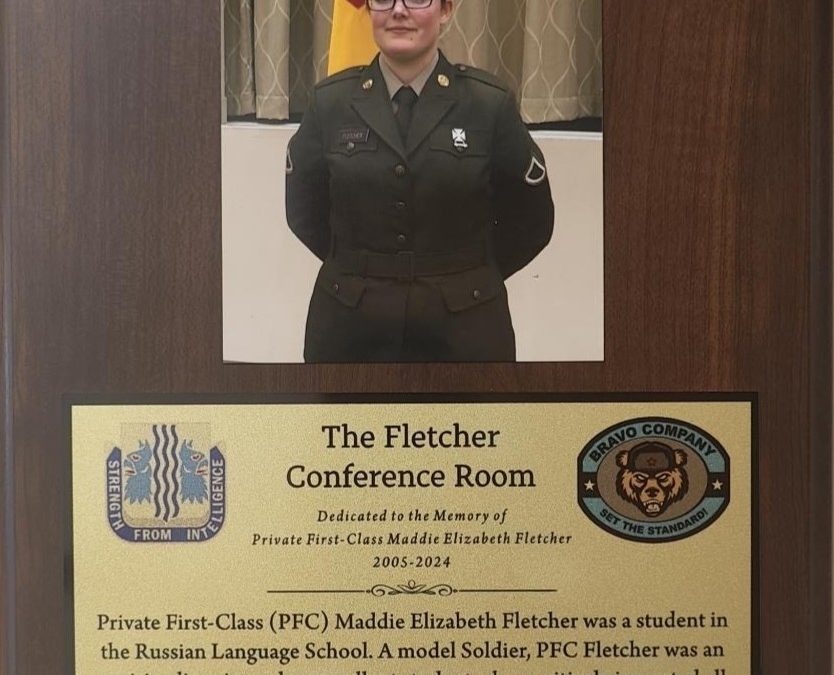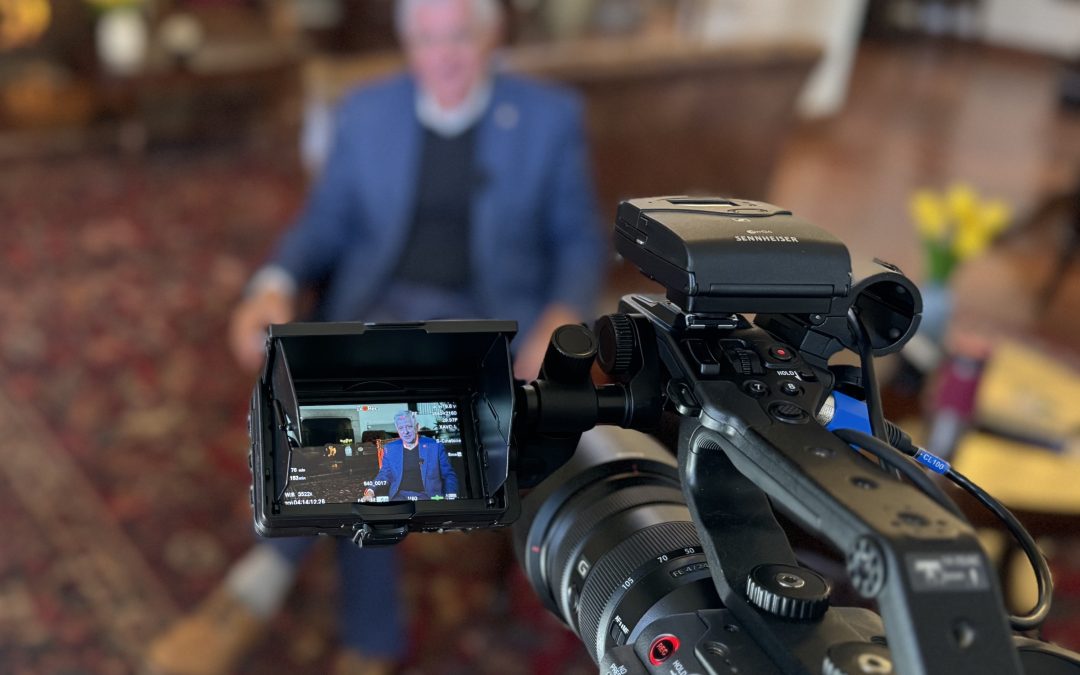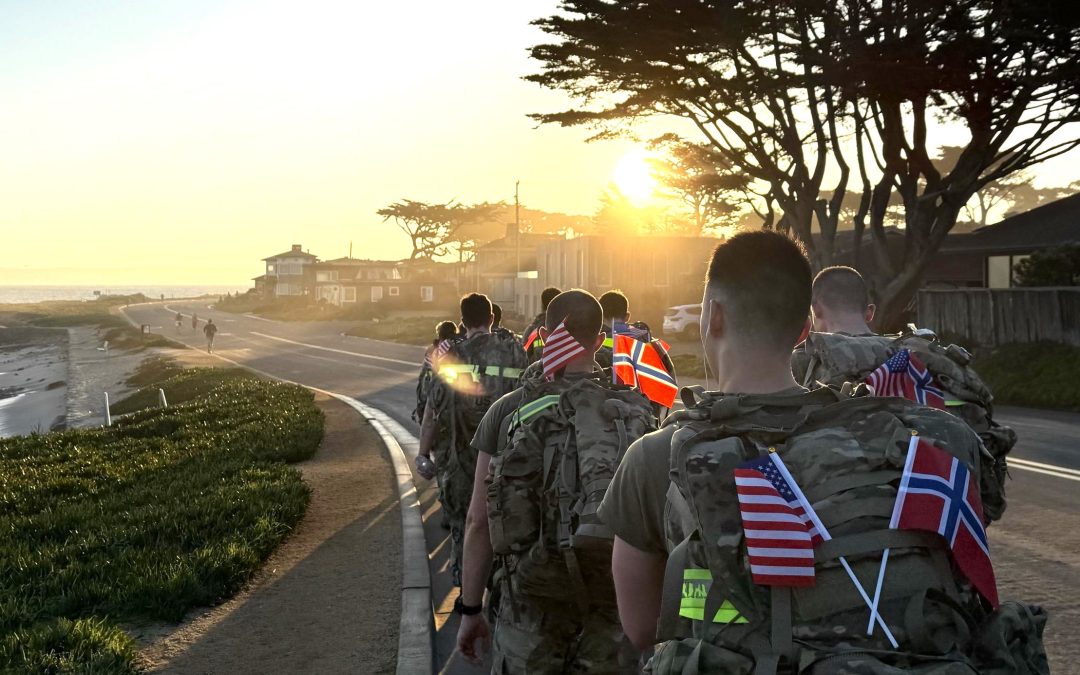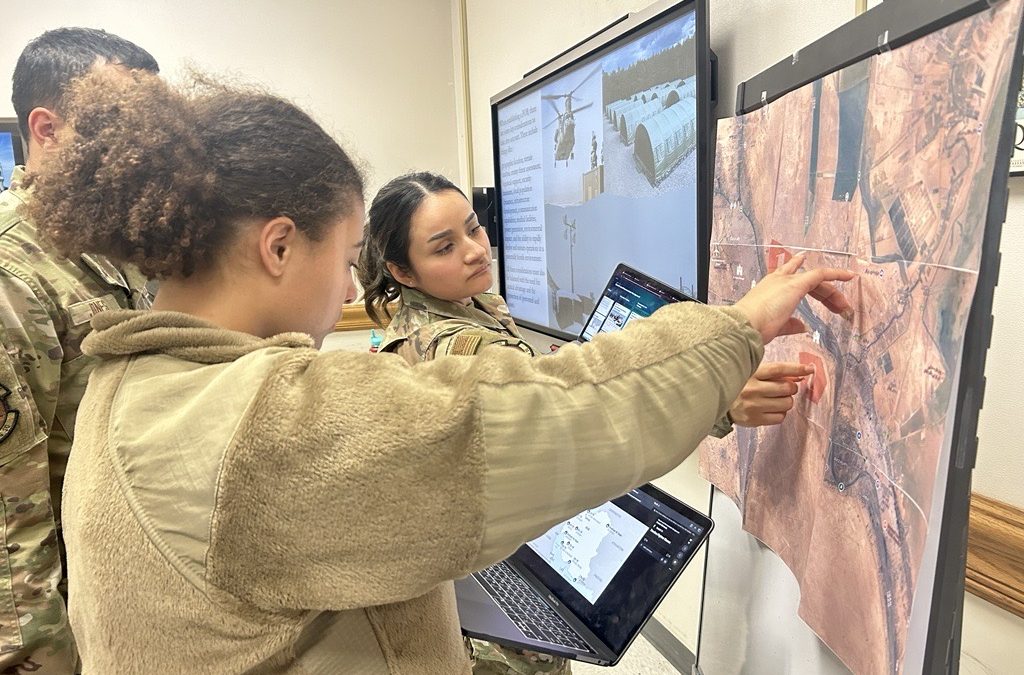By Tammy Cario
In a world where big ideals like “mission” and “battle buddy” are your career, it is a challenge to take time for yourself. That thought might even be accompanied by guilt, because the core values of your branch simply don’t mention self-care in the list of priorities.
But as the saying goes, you have to put your mask on first before you can help someone else with their mask. 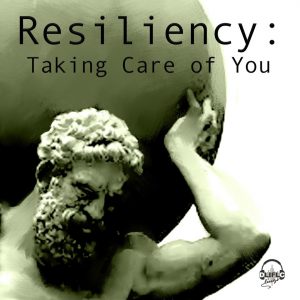
Things like taking a vacation or indulging in a spa day are important for getting away, but what about the everyday behaviors, small efforts to give yourself me-time? Those small efforts are just as important as taking the big vacations in balancing your mental, physical and spiritual health.
Taking care of yourself can be as simple as setting boundaries and making your health a priority.
Air Force Tech Sgt. Seth Darling, Military Language Instructor at the Defense Language Institute Foreign Language Center, has some experience with setting boundaries.
“There are specific hours in my day where I don’t even see any notification from email or MS Teams,” he said when he spoke with a group of DLIFLC students in February. “If I even see those notifications, feel them buzz in my pocket on my phone, I’m going to look at them and I’m going to be stressed out.”
Army Sgt. Jamison McCreary, a student at DLIFLC, is having the same experience as a class leader.
“I made the mistake of putting the Teams app on my phone. That way the students could contact me if they were struggling with homework,” he said. “I’ll feel that buzz in my pocket” and not have downtime. “You do need to turn off the computer, put the phone away, just take time to let your eyes rest and get away from it.”
It’s important to set boundaries for downtime and here is why: your mind’s answer to brain fatigue is something called the Default Mode Network. It’s the network that is in charge when you unfocus. Scientists used to call this the Do Mostly Nothing network.
But no, according to Srini Pillay, in an article on Harvard Health Publishing, scientists know better. “This network uses more energy than any other network in the brain, consuming 20% of the body’s energy while at rest. In fact, effort requires just 5% more energy.” This unfocusing helps process and file information and make those connections that are badly needed while learning and being creative.
Army Chief Warrant Officer Nate Watkins, former DLIFLC graduate, had to learn that lesson as a very stressed student. His method of de-stressing was to take a golf club and head to the driving range.
“It seems like a simple thing, hitting a ball with a stick. And the ball is very small and very stationary. It doesn’t move, you just hit it with a stick, right?” he said. “But I’m doing something that requires control and balance and repetition. These are all things that play into how you have to learn in class.” It’s the same thing over and over again, something that requires focus, Watkins said. “You can forget all about things except what you’re doing in the moment. It helps to clear out a lot of the background clutter.”
It’s important to note just what unfocusing isn’t. It’s not scrolling through social media or socializing with people. It’s things like taking a walk in nature, pulling weeds in your garden or cleaning your house.
Making yourself a priority is paramount when it comes to one of the most important aspects of your health: Sleep.
“Your risk of getting sick following exposure to a virus increases significantly if you don’t get adequate sleep,” explained Dr. Nita Shattuck, Professor of Operations Research at the Naval Postgraduate School with 30 years of experience studying sleep in a talk she gave DLIFLC students last year. According to one study done by researchers at the University of California, San Francisco, “if you sleep greater than seven hours a night,” your chance of getting a cold when exposed to a virus “is 17.2% compared to those people who slept less than five hours a night,” she said. “Their chances went up to 45.2 percent.” That is highly significant.
However you choose to set boundaries and make yourself a priority is up to you. But it’s important to remember that neglecting yourself doesn’t do any one any good. The best thing you can do for the mission is to take care of yourself first.
To hear the full podcast, go to www.SoundCloud.com/DLIFLC

